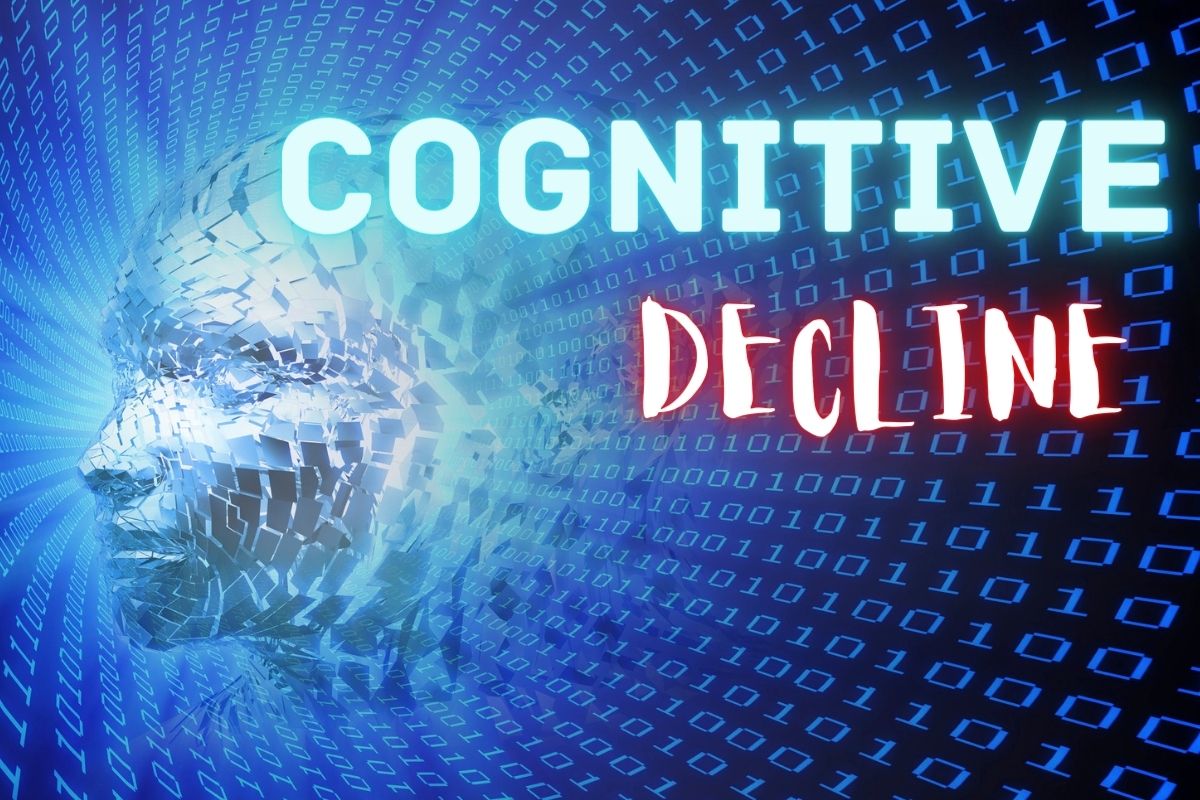This language processing tool could help to provide earlier diagnoses mental degenerative diseases.
Researchers at Boston University have developed a new artificial intelligence tool that they say has the potential to help with earlier diagnosis of Alzheimer’s disease and other mental degenerative diseases.
The AI software can be used for detecting cognitive impairments and spot Alzheimer’s earlier.
The researchers published their findings in The Journal of the Alzheimer’s Association. Within their paper, they indicated that their artificial intelligence tool uses a machine learning computational model that can use audio recordings of neuropsychological tests to identify cognitive decline.

“It can form the basis of an online tool that could reach everyone and could increase the number of people who get screened early,” explained Boston University professor of engineering Ioannis Paschalidis, one of the researchers involved in the paper.
The artificial intelligence tool does not require in-person assessments and could one day be used for greater efficiency.
The computational model has the potential to one day assist clinicians in more efficiently triaging the urgency of the symptoms of a given patient. This will make it possible for resources to be best allocated without having to skip follow up diagnosis processes, said Paschalidis.
Through the use of automated speech recognition software, the program provides interview transcription. From there, the interview is encoded into numbers. The numbers are used for spotting patterns that can help to identify risk and severity of a patient’s cognitive impairment. The AI software was trained through the use of more than 1,000 neuropsychological interview recordings. It took into account data such as demographics and official neurologist and neuropsychologist diagnoses.
The AI software must still undergo testing by the Boston University researchers in order to make it possible for the technology to be used worldwide for diagnosis purposes. Still, the findings indicate that this model could soon be employed for accelerating the clinicians’ work.
“Our models can help clinicians assess patients in terms of their chances of cognitive decline, and then best tailor resources to them by doing further testing on those that have higher likelihood of dementia,” said Paschalidis in a news release about the artificial intelligence tool.


